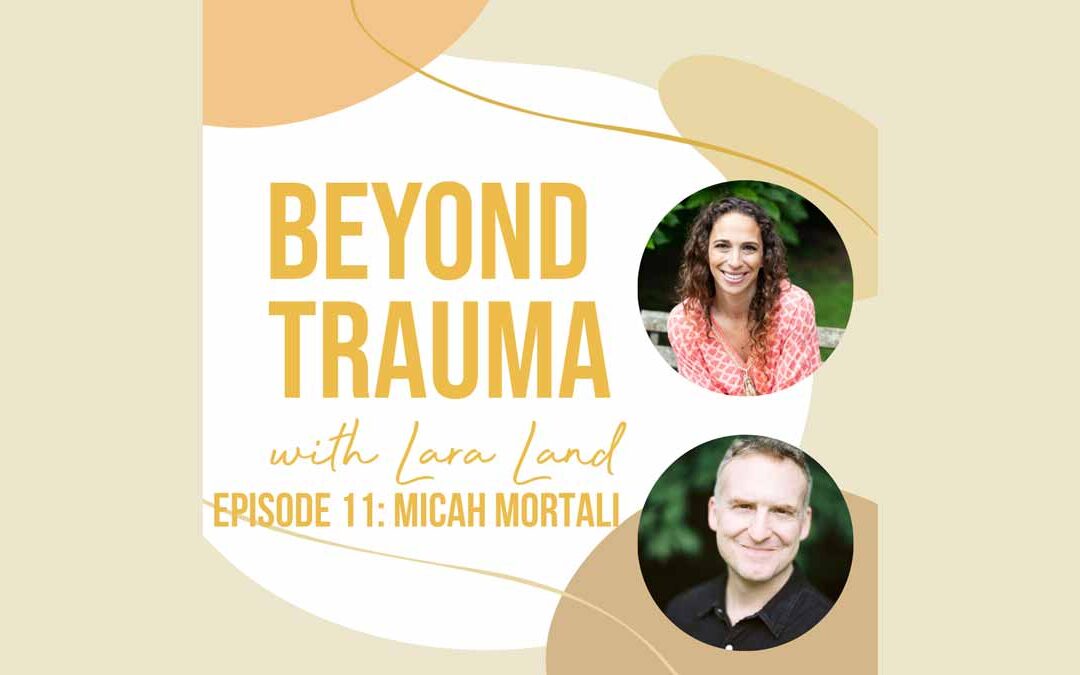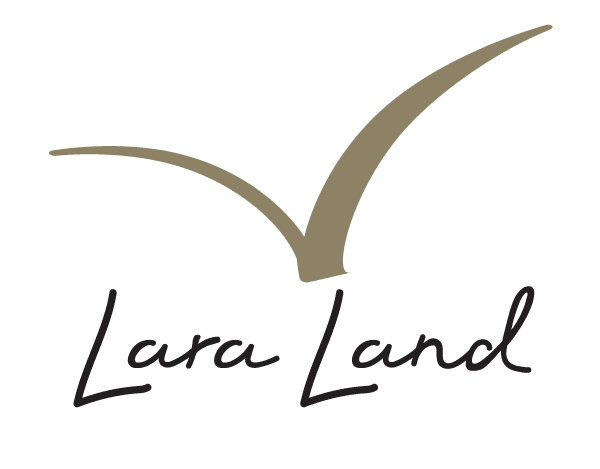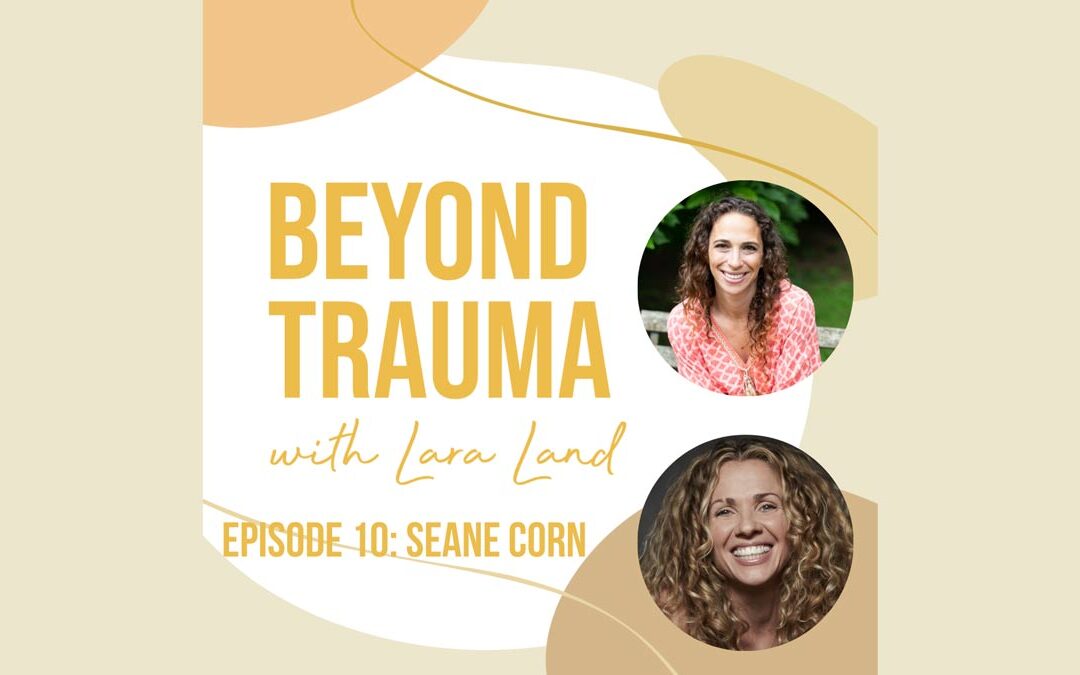
by Lara Land | Sep 19, 2022 | LAND BLOG, LARA LAND, SELF-IMPROVEMENT
Those of you who have been following my trajectory know that nature immersion has become a central component of my yoga, wellness, healing routine. The healing powers of the outdoors have been obvious to me for some time as they apply to each of us regardless of our trauma. Getting to understand why from a scientific lens and how to maximize these benefits for myself and others has been an insightful and creative process that I am still in and hope to remain in for sometime. It’s been affirming to see, as I pursue my masters, that the therapeutic aspects of being outdoors are endorsed, though still in their early stages, in the counseling field.
During this time of expanded knowledge seeking in the living non human world I have taken on a few teachers and a few fundamental practices.
I’ve studied with Mark Coleman, author of Awake in the Wild, Marguerite Ulmann-Bower of Plant Pioneers, and Micah Mortali, author of Rewilding and Director of the School of Mindful Outdoor Leadership at Kripalu. Each of these teachers has contributed to my deepening relationship with the land, all the living beings on the earth and with myself. I merge their practices with my 2+ decades of yoga, breathwork, mindfulness, and coaching to invite healing, acceptance, and growth into the lives of my students most notably on retreats here in the Great Catskill Mountains.
Today, I feel so grateful to have Micah Mortali on the Beyond Trauma Podcast. In his episode, we discuss the impact of just a short time outdoors on the nervous system and the power of reconnecting with our natural home, the outdoors. I share some personal experiences allowing the earth to take my stress and the great joy of working with Micah to learn more about outdoor skills, survival skills, ancestral skills, and healing trauma in nature.
I so hope you enjoy this episode which you can listen to on iTunes, Spotify or anywhere you listen to podcasts.
You can expect much more from me on this topic in the coming years and join me this October in upstate NY for a taste of what we talk about today. Details HERE.

by Lara Land | Sep 12, 2022 | LAND BLOG, LARA LAND, Self Improvement
Many people come to me already frustrated and disillusioned about the self improvement techniques they have tried. Below are some of the core reasons they may not have been working.
1. Right medicine, Wrong Time:
There are countless techniques one can use to dissect patterns, uplift mood, build accountability and make lasting change. These are readily available online and in the over 85,000 books in the self-help category. So why do we still need help? There are a number of reasons, but one of the most concerning is the way we take the medicine – the treatment techniques from all these outlets! It’s with no regard for our diagnosis, and with no directions around how much or little of the medicine is needed, dosage, time of day to take and counter indicators. Ooops! No wonder it nearly always ends up backfiring.
Different practices lead to different results.I am certified in Ashtanga yoga, Vinyasa yoga, Chair Yoga, Yoga Philosophy, meditation, mindfulness, trauma sensitivity, Somatic Attachment Therapy, Life Coaching and a few more modalities! I have to know which practice to share with a client before jumping into it. Otherwise they won’t get the same results. You have to know first what you want to do, then the personality and make-up of the client what and how to administer. If that “medicine” doesn’t work, or there’s a side effect, you have to know what to do as well.
This is why an outside professional is so important and perhaps why your previous attempts at sustained self improvement may not have worked!
2. Too Much Striving, Not Enough Acceptance:
This is a tough one that I know is very confusing for many of my clients, but the first step to making a change is acknowledging we are enough as we are. Almost all practices and beliefs have their shadow side and with self improvement that side is absolutely “not enough ness”. Again and again I hear from folks who have read every self-help book and are well versed in extensive betterment philosophies and practices and so they will say something like, “I know I should…be accepting of so and so or doing affirmations or feeling more positive or any number of things, when the truth is there is no should! This is where you are at and you are more than enough no matter what feelings are arising and how many gratitude journals you are or are not filling up.
Before you start your self improvement journey, or wherever you are in it, stop and take some time to work on self acceptance. It will help sustain you and keep you from what self improvement can turn into, a constant critiquing of where we are at.
3. Lack of Planning:
Haphazardly choosing an area of improvement in one’s life without looking at how it got there, what it’s serving, and what it will realistically take to change it long term is devastating to self improvement and all too common! Often, when we want to make a change we get excited and impulsive, the same energy that has us acting out of alignment with what we want in the first place! It’s at these times that we need to slow down and ask ourselves some important questions including: Why do I want to make this change? What will I have to give up? What’s a small way I can work towards this change that may at first be easier to sustain? What are my typical temptations or conditions that have made it hard to stick to this in the past? What will I do when I’m confronted with those this time?
“Slow is smooth and smooth is fast” is a Navy SEAL saying and one I find myself often repeating. Good, sustainable progress takes time, but the wild thing is, by using small, slow, incremental steps, it can go a lot more smoothly and end up taking us where we want to go a lot more quickly!
Curious about how to set yourself up for a successful, ongoing road to improvement which includes self love and self acceptance, realistic goals, lots of wins and few disappointments? Join me for individual or group coaching.

by Lara Land | Sep 5, 2022 | LAND BLOG, LARA LAND
In the latest episode of the Beyond Trauma Podcast I interviewed Seane Corn, internationally-acclaimed yoga teacher, Seane Corn, author, and public speaker who has been at the forefront of yoga, activism, and community service for 28 years. Through the course of our conversation, Seane detailed the various kinds of trauma folks experience and the ways those traumas live in our bodies as tension and stress we may not even be aware of.
This muscular tension shows up as patterns in how we react. (Our bodies often react before our cognitive awareness catches up to stimulus.) Our reactions become who we are in the world in our presence and our relationships, an identity most of us become attached to and even addicted to. (Listen to Nikki Myers episode of the Beyond Trauma Podcast for further insight on this.)
Seane goes on to explain yoga’s unique ability to shake up and release the stress in our bodies and what we might face emotionally as we experience that release. She looks back on her own thirty plus years of practice and shares most intimately how yoga helped release her from the grips of childhood trauma AND how it is still teaching her about her inner work today.
The stories she shares are not for her benefit but for ours, especially for the hundreds of thousands of yoga teachers and practitioners out there.
Here are some of her most important messages to yoga teachers:
- Make sure you have trauma sensitive or trauma informed yoga teacher training.
- Do your own inner work uncovering your traumas and patterning.
- Intuition comes from long time study, practice and honing of skills.
- Don’t be afraid to shift the way you teach as you evolve.
- A practitioner’s depth of yoga practice can not be determined by their flexibility. Look for more subtle clues.
- The world needs us. It’s time to get more humble, honest, and generous than ever before with our yoga teaching.
I could not be more in agreement with Seane Corn’s message which resonates with all the teaching we’ve been bringing forward through Land Yoga, Three and a Half Acres Yoga, and SOULFest through the years.
If you are a yoga teacher, you can get your trauma informed yoga teacher training with me in Louisville, Kentucky this October or online through Three and a Half Acres Yoga (dates soon to be announced). You can join our newsletters for more updates and tons of free resources to support your growth as a yoga teacher or trauma informed yoga teacher which are one in the same.
Catch this latest episode on iTunes or Spotify or anywhere podcasts are broadcast.

by Lara Land | Aug 29, 2022 | LAND BLOG, LARA LAND
For the many of you who practice Ashtanga yoga, breathing through your nose is a common practice as our core breathing style is Ujjayi Pranayama, a breathing technique where one inhales and exhales through the nose while gently lifting the roof of the mouth to slightly restrict the airway and create a soft humming sound.
But did you know how healing nostril breathing really is?
According to the research done by James Nestor which he lays out in his New York Times bestseller Breath, many of the illnesses which we believe shorten the breath, reduce lung capacity, or limit necessary blood oxygen levels may have reverse causation. This means, the disease isn’t affecting our breath, our inability to breath properly is causing the disease!
Diseases we consider mental disorders also show this link to poor breathing, including ADHA, anxiety and depression. Correct breathing eases the impacts of trauma.
That is the right way to breathe? Mainly, it’s through the nose. One should breathe through the nose not just during Ashtanga yoga or trauma informed yoga but all the time, including during strenuous exercise and while sleeping.
Nestor and the long list of specialists he interviews, urge us to breathe slowly and as little as possible which actually increases the amount of oxygen molecules that get delivered throughout our body.
It takes time to be able to breathe this way especially when stressed or triggered by previous trauma, but by incrementally training the body to breathe through the nose, slow down, and by increasing breath capacity by stretching and relaxing the muscles around the lungs we can reduce and even eliminate most illness. Tim Ferris’s latest podcast episode with Dr. Andrew Weil boasts the same advice.
The beautiful thing is that this is what we teach in my Ashtanga based trauma informed yoga classes at Three and a Half Acres. Our approach is to slowly increase breath capacity and get trauma survivors to use their nose! You can learn my approach to Ujjayi Pranayama, which is very subtle and less constrictive on my Intro to Ashtanga downloadable course which is also trauma informed.
Could curing our nation be as simple as breathing through the nose?
It’s something the medical industry doesn’t want you to know, but I think so.

by Lara Land | Aug 22, 2022 | LAND BLOG, LARA LAND
Are you overscheduled and under rewarded? Do you feel like you are always doing and at the same time nothing is getting done? Do you fantasize about completing dream projects but see them always falling to the bottom of your list?
You are not alone!
The business epidemic and culture of busyness that has infected the United States is a trauma response. It involves a certain learned hypervigilance that is not natural to human rhythms and it is harmful to our health. We are overscheduled, but why do we do it?
We overschedule ourselves for a number of reasons including not believing in ourselves, not wanting to face ourselves, fear of limited resources and lack of self love. We think we deserve punishment or that our personal value is caught up in our ability to be or even seem productive.
It isn’t!
Trauma responses always involve a hijacking of our nervous system that doesn’t allow us to see options and to view our life with creativity. When you notice this happening, aka when you are really busy, the best thing you can do is slow down.

by Lara Land | Aug 16, 2022 | LAND BLOG, LARA LAND
In case you haven’t noticed, the last few years have seen a real shift in the way folks are viewing, talking about, and experiencing yoga and the whole wellness industry. Gone are the days of gurus, clear lineages, and cookie cutter definitions of what wellness is.
Those who like categorizing and those who need homogenous interpretations to feel like they know something will feel stretched these days wading through the various information out there on health and wellness… And that’s a good thing?
As Kerri Kelly details in her recent release, American Detox, The Myth of Wellness and How We Can Truly Heal, the wellness industry has long been corrupted, offering us many ways to buy our health, while always leaving us needing more. This unending and careless approach convinces us we need money and products to be well and leaves many feeling confused and lonely when they haven’t reached the positive sumit they were promised.
It also leaves out one or two important facts about wellness… the biggest being that we can not reach it alone.
Wellness includes things like access to clean air and water, health care, time and space, education and compensation, systems we achieve through each other when we live in healthy and well societies. When the places we occupy lack in these areas all of us suffer, some, by design, more than others.
This is systemic trauma and it is a side of trauma that has not been studied or talked about nearly enough. Kerri Kelly is trying to change that.
She is also one of the strongest voices advocating for a personal definition of wellness. This type of agency is the empowerment trauma survivors need and deserve. The ability to define what is wellness for me, what I need for my mind/body/spirit system to thrive is integral to the wellness I wish to create.
For those of us in the trauma informed yoga or yoga service space like Kerri Kelly and I have been in for so many years, learning not just to bring in trauma informed yoga but to listen to what the trauma survivors we are serving are really asking for, has been crucial to our evolution.
I know it’s what we are doing at Three and a Half Aces Yoga.
Take a listen to Kerri’s work and actions on my latest Beyond Trauma podcast on iTunes or Spotify as we talk about systemic trauma and the harm it is doing to all of us, no matter how close we sit to privilege.







Recent Comments